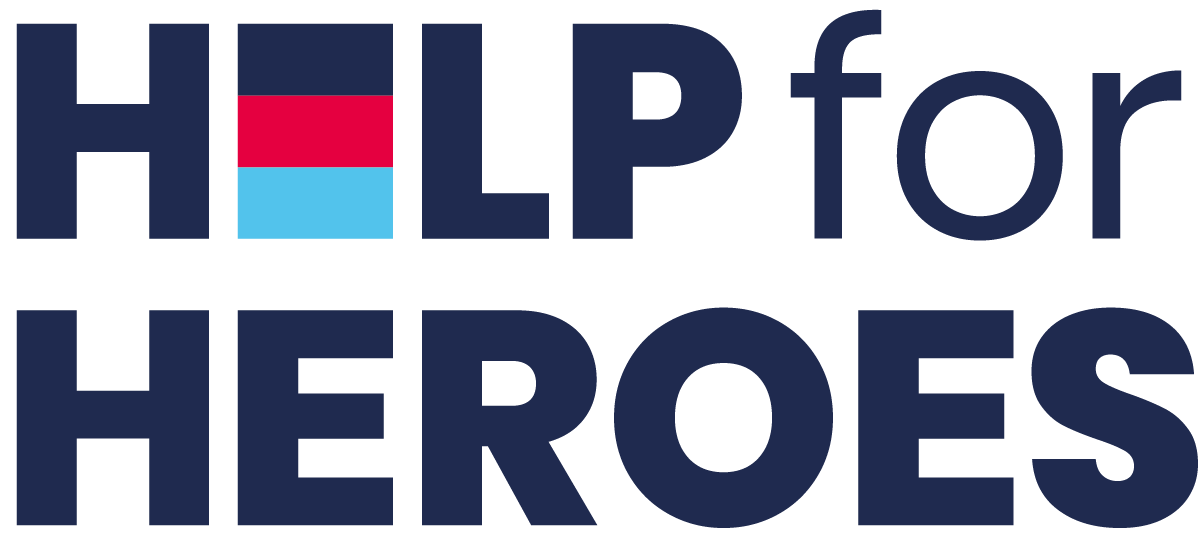Updated on
The mental health of veterans with long-term health conditions has declined in the last 12 months, amid concerns about the cost of living, difficulty coping with news coverage of recent conflicts and experiences of loneliness, according to our Veterans and Families Survey 2022.
This year’s survey ran from 15 August to 2 September 2022. It was open to veterans and serving personnel with self-declared long-term health conditions, and their families.
Its findings help us better understand the needs of the Armed Forces community living with health conditions and to shape our services now and in the future.
This year’s stark results can explain the higher demand we have been seeing for several initiatives we are currently delivering to help the Armed Forces community to live well in the current climate.
Veterans and Families Survey Findings
85 per cent of veterans living with long-term health conditions* say they struggle with their mental health every day, compared with 73 per cent in 2021**.
82 per cent of veteran respondents with long-term health conditions are worried about the cost of living, with 1 in 8 having used a food bank in the last 12 months.
51 per cent say news coverage of recent conflicts in Ukraine and Afghanistan have had an impact on their mental health, with many experiencing anger, depression, low mood and sleep disruption. 35 per cent say they have experienced guilt or shame in relation to news of recent conflicts and 10 per cent reported misusing alcohol or substances as a result.
Veterans with long-term health conditions are at high risk of becoming isolated, adding to their mental health struggles, with 82 per cent of respondents experiencing feelings of loneliness. 32 per cent say they are often or always lonely, which rises to 54 per cent for those living alone.
85 per cent of veterans living with long-term health conditions say they struggle with their mental health every day.
James Needham, our CEO, said: “For those veterans living with long-term health conditions, it’s not surprising recent external factors outside of their control have resulted in a worsening of mental health.
“We can’t make those factors go away, but we will continue to support those in the Armed Forces community who ask for our help, so they can manage better day-to-day.”
How we are supporting the Armed Forces community
Financial Wellbeing
We have been running a series of financial wellbeing courses with our partner St James’s Place to offer the Armed Forces community the tools to help them manage their finances while navigating the high cost of living.
RAF Veteran Michelle Hopkins, 50, from Wickford in Essex, who suffers from Chronic Fatigue and Post Traumatic Stress Disorder, has saved hundreds of pounds since taking our Financial Wellbeing course.
“I was brought up to be careful with money, so I’ve always been thrifty, but I used to just bury my head in the sand - everything was on direct debit so I didn’t have to deal with it,” said the Flight Operations Officer who was deployed to the Falklands, Iraq and Afghanistan as well as a two-year secondment to the Royal Navy on board the aircraft carrier, HMS Invincible.
“One of the tips that helped me most was writing down all my outgoings and completing a finance spreadsheet so I could see all my finances in one place and it helped get my finances in order. We would get homework, such as looking at a debt sheet and that forced me to look at all the things I’d been avoiding.”
Michelle, who served in the RAF for 16 years and now volunteers with local nature charities, said: “My income is my military pension so I need my money to go as far as it can both now and into the future, and the course really brought that into focus. Now I’ve done things like combine my home and car insurance into one policy, so I have more left over.”
Michelle has been a member of the Help for Heroes Choir for more than three years and has performed at Salisbury Cathedral, Downing Street and the Royal Albert Hall.
It was through the Choir that she found out about our Recovery College, the first of its kind designed for veterans and their families. After seeing positive changes to her life through sessions on how to get better sleep, she signed up for our financial wellbeing course. Other courses available include pain management, healthy eating, dealing with anxiety and overcoming anger.
Michelle added: “Everything is more expensive now we’re in a cost-of-living crisis and now I’ve completed the finance course I feel like I’ve got a grip on what I have coming in and going out; it’s a good feeling to know I am in control.”
Now I've completed the finance course I feel like I’ve got a grip on what I have coming in and going out; it’s a good feeling to know I am in control.
RAF Veteran
The hope is that being better prepared financially will lower the risk of hitting crisis point, but should that happen, particularly for those trying to manage costs of vital medical equipment, veterans, serving personnel and their families can access our Immediate Needs grant to assist with energy bills and food costs. Since April, 254 people have benefitted from this grant, with many more charities and organisations stepping up to offer similar schemes.
Our teams in the community have also been working with local food banks to ensure that those within the Armed Forces community are able to feed their families.
If you are in urgent need of help with food and energy bills you can get support from us, by visiting our cost-of-living support page.
Mental Health Support
Our Hidden Wounds service has taken on more clinicians to meet the demand for mental health support, so that everyone who needs help can be seen quicker.
Social Isolation
A pilot scheme which aims to combat social isolation and loneliness in the Armed Forces community has been running in Wales. It is hoped the scheme, which buddies socially isolated or lonely veterans with a volunteer veteran who has fully transitioned into civilian life and is a member of their local community, will soon be rolled out across other nations.
*of the 835 veterans with self-declared physical or mental health conditions expected to last longer than 12 months who completed Help for Heroes’ Veterans and Families Survey between 15 August and 2 September 2022.
**according to findings from Help for Heroes Veterans and Families Survey 2021.


